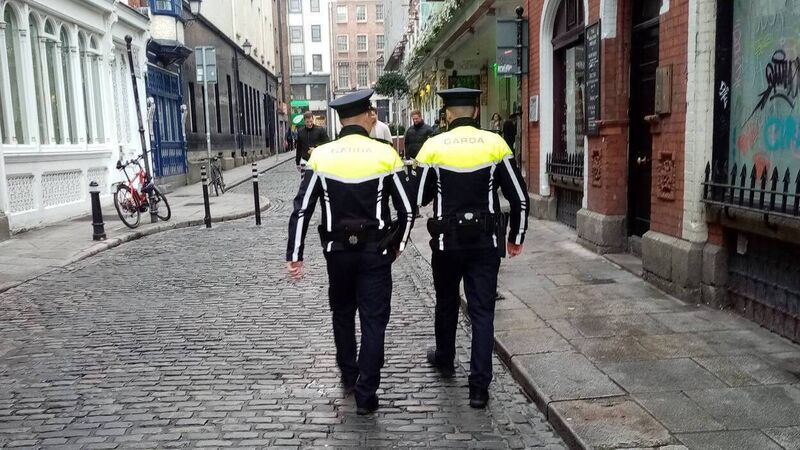New bill to allow gardaí to give evidence remotely and reduce court time

By reducing the time gardaí spend waiting around in court, they will be freed up to spend more time policing the streets and boosting garda visibility. Picture: PA
New legislation to allow gardaí to give evidence remotely in the district court will reduce the length of time members of the force are spending in court.
Justice minister Jim O'Callaghan said the legislation he will bring forward will reduce the time and resources currently being used to bring people in custody to courts and spent in the court itself.











